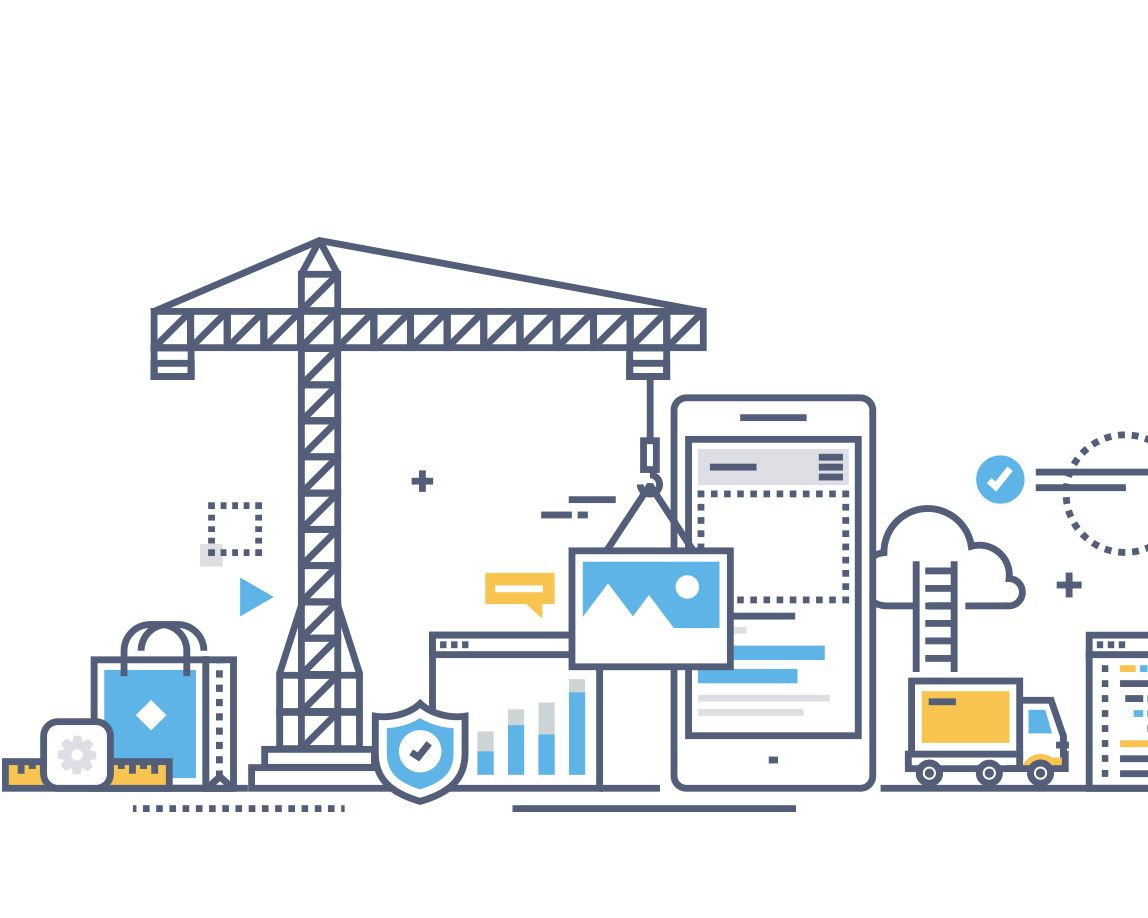Waste Management Customer Service
Waste Management Customer Service: The Key to Effective Waste Solutions
Waste management is a critical aspect of maintaining a clean and healthy environment. Effective waste management customer service is essential for ensuring that waste disposal processes are smooth and efficient. This article explores how waste management customer service can enhance overall operations, provides useful tips, and highlights important facts and statistics.
Understanding Waste Management Customer Service
Waste management customer service is the support provided to residents and businesses concerning waste disposal and recycling. It includes handling inquiries, resolving issues, and ensuring that waste collection services meet community needs. Quality customer service in this sector can greatly impact public satisfaction and operational efficiency.
Importance of Quality Customer Service in Waste Management
Good customer service in waste management helps build trust and encourages timely waste disposal. According to a study by the Waste Management Research Group, companies with high customer service ratings saw a 25% increase in customer satisfaction and a 20% improvement in waste diversion rates. This demonstrates the direct impact that effective customer service can have on both customer experience and environmental outcomes.
- Clear Communication: Effective waste management customer service begins with clear and timely communication. Providing customers with accurate information about collection schedules, recycling guidelines, and service changes helps prevent confusion and ensures compliance.
- Responsive Support: Quick response times to customer inquiries and complaints are crucial. The Waste Management Association reports that companies with fast response rates experience 30% fewer customer complaints and achieve higher satisfaction scores.
- Educational Resources: Offering educational resources helps customers understand waste segregation and recycling processes. Well-informed customers are more likely to follow best practices, which can improve waste diversion rates.
- Problem Resolution: Efficiently addressing and resolving issues related to missed pickups or service disruptions is a key component of excellent customer service. Implementing a system for tracking and resolving complaints can enhance service reliability.
Hacks for Improving Waste Management Customer Service
- Utilize Technology: Implementing customer service software can streamline communication and issue tracking. For instance, integrating a mobile app that allows customers to report problems and track their waste collection schedule can improve efficiency.
- Provide Multiple Channels: Offering support through various channels—such as phone, email, social media, and live chat ensures that customers can reach out in the way that’s most convenient for them.
- Regular Training: Continuously training customer service representatives on waste management policies and effective communication techniques can lead to better service and higher customer satisfaction.
- Gather Feedback: Regularly collecting customer feedback through surveys or suggestion boxes helps identify areas for improvement. Act on this feedback to make necessary adjustments and enhance service quality.
- Promote Recycling Programs: Encourage participation in recycling programs by providing incentives or rewards. Highlighting the environmental benefits of recycling can increase community engagement.
Facts and Statistics About Waste Management
- Recycling Rates: According to the Environmental Protection Agency (EPA), Americans recycled and composted 35.6% of their municipal solid waste in 2022. This represents a significant increase from previous years, showcasing the effectiveness of recycling programs and public education.
- Cost Savings: Effective waste management and recycling programs can lead to substantial cost savings. The National Recycling Coalition estimates that communities can save up to 30% on waste management costs by increasing recycling efforts.
- Environmental Impact: Recycling one ton of paper can save 17 trees, 7,000 gallons of water, and 4,100 kilowatts of electricity. These statistics highlight the environmental benefits of proper waste management and recycling practices.
The Value of Good Waste Management Customer Service
Good waste management customer service produces several advantages.
- Customer Retention: Happy consumers are more likely to remain users of your offering.
- Positive evaluations: Contented consumers are more likely to write good evaluations, therefore drawing in fresh business.
- Operational Efficiency: Effective service increases general efficiency by means of reduced operational bottlenecks.
- Environmental Benefits: Better recycling rates and environmental protection could follow from teaching consumers correct garbage disposal practices.
Case Study: Waste Management Customer Service Success
A case study of XYZ Waste Management shows how much great customer service counts. Within a year, their customer satisfaction level rose by 20% by means of a thorough training program and digital tool use. Their proactive approach to communication cut complaint calls by thirty percent; their community-building initiatives brought in fifteen percent more new clients.
Conclusion
Effective trash disposal activities depend critically on customer service related to waste management. Companies can raise customer satisfaction by emphasizing responsiveness, open communication, and problem-solving ability. Using technology and applying sensible tips help to raise the caliber of services. Good waste management customer service helps the business as well as the surroundings to be more sustainable and cleaner. Give great customer service top priority to guarantee that your waste management practices are customer-oriented and efficient.
How You Approach Waste Management services?
When approaching waste management services, I prioritize clear communication and transparency to ensure all stakeholders are informed about collection schedules and recycling guidelines. Implementing efficient processes and leveraging technology, such as mobile apps for tracking and reporting, can enhance service delivery. Additionally, gathering feedback from customers and addressing their concerns promptly helps in continually improving service quality. Educating the community on best practices for waste segregation also plays a crucial role in achieving sustainability goals.
What does waste management serve?
To approach waste management services effectively, I focus on clear communication and efficient processes to keep customers informed and satisfied. Leveraging technology, like mobile apps for tracking and reporting issues, helps streamline operations. Additionally, actively gathering and responding to customer feedback ensures continuous improvement. Education on proper waste segregation is also key to promoting sustainable practices.


